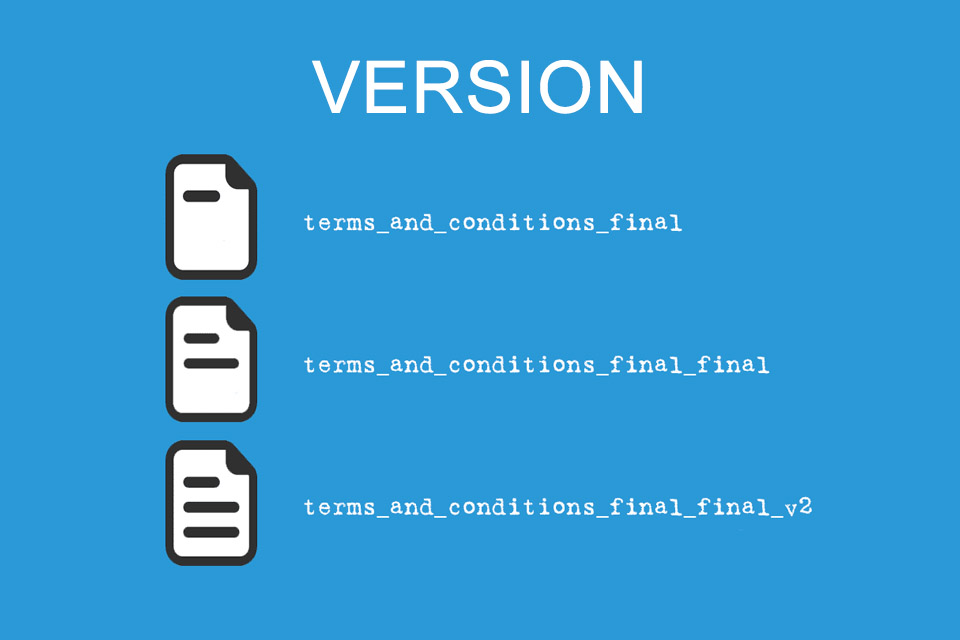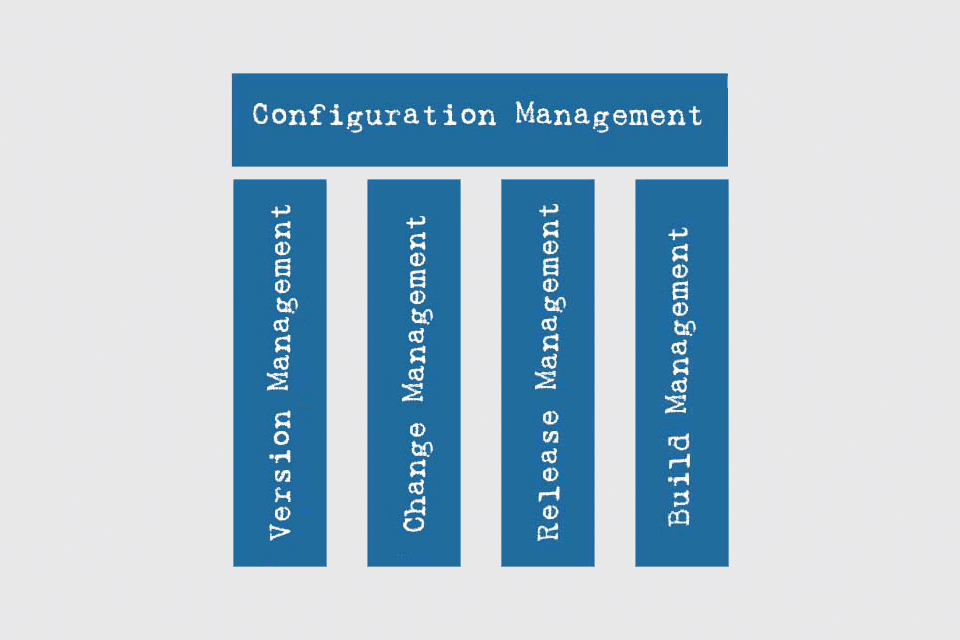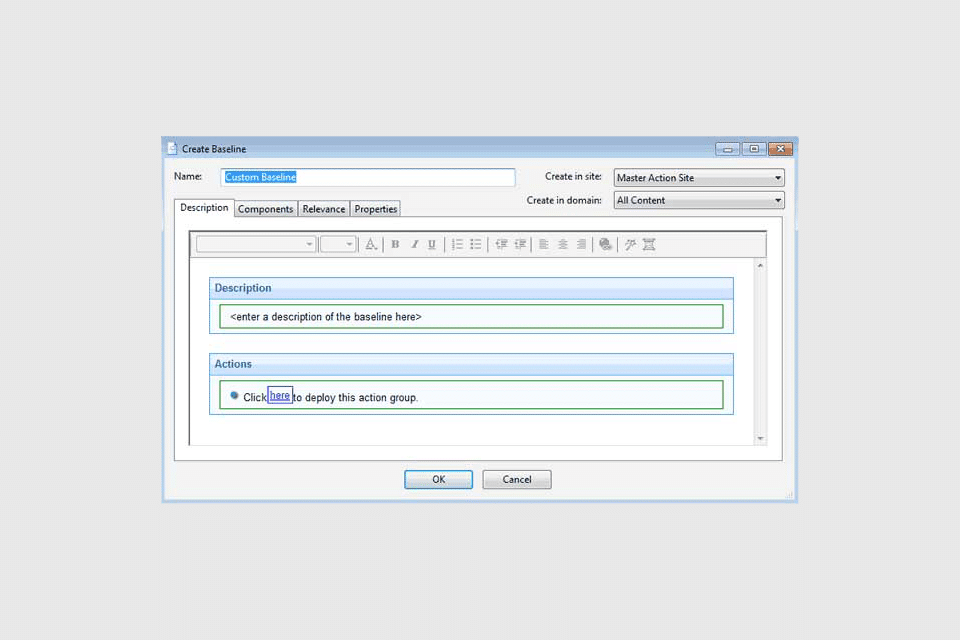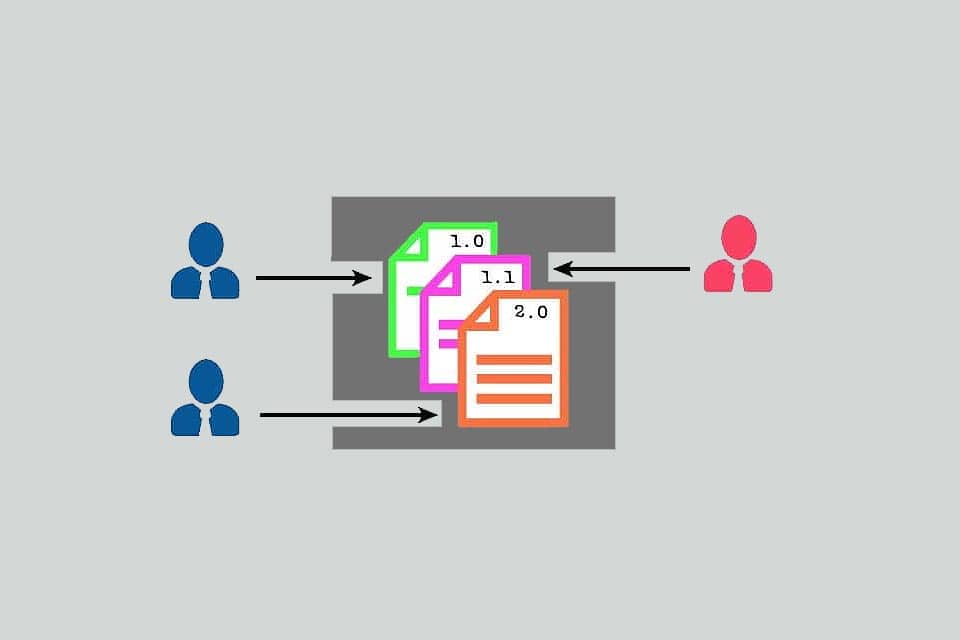What is a Version?
Smartpedia: A version is a variant, an edition or an advanced copy of an object, a file or a software.
Version – a variant, edition or advanced copy
The term version is very common. Whoever saves a document creates a version. If you install an update of a software, you want to use the new, current version from now on. Whoever chooses one of several alternatives chooses the version or variant that best suits him or her. In mathematics, modifications of stochastic processes are understood as versions. Refinements of models and enhancements are considered as versions. The following definition results from the very different use of the term: A version denotes a variant, an edition or a modified copy of an object, whereby the object can be, for example, files, documents, drawings, plans, models, products, development stages or software.
The creation of versions
Imagine a client sends his revised general terms and conditions to a lawyer and names the file “terms_and_conditions_final”. What should the lawyer call the file after he has made his changes? “terms_and_conditions_final_v2”? Or: “terms_and_conditions_final_final”? What happens if the exchange between client and lawyer goes back and forth several more times? Is there perhaps sometime a version “terms_and_conditions_final_final_v2_new2”?
What sounds entertaining to such an example can lead to big problems in practice. How do participants know what the actual current version is? Who can track the changes between different versions? And what happens if it is not about the general terms and conditions but about a specification sheet and there are errors or increased efforts in a development due to different versions?
The answer to these questions is: Professional version management. Version management deals with the administration of files of all types and kinds including archiving, logging, recovery and access coordination. Only on the basis of a professional version management system is it possible to work together successfully in the long term.
The creation of versions is called versioning, by the way.
Versions in the context of software and software development
In the context of software and software development, the term version – or alternatively the equivalent revision – occurs very frequently.
- Requirements,
- user stories,
- spike stories,
- job stories,
- epics,
- features,
- change requests,
- risks etc.
can have different versions. For documents such as
- business cases,
- customer specifications,
- project mandate,
- weekly reports or
- protocols
versions are common. The same applies to plans such as
- project baselines,
- sequence plans,
- work schedules,
- project plans or
- work breakdown structures.
The phases of software development can be subdivided according to different version levels:
The changes between individual versions can be recorded in
And alternating between versions is known as a
Obviously the handling of versions in organisations is part of the daily business. Software products know version numbers. Diagrams and architectural designs are versioned. Configurations are built. And of course code is versioned. In short: The topic of versioning is omnipresent in the context of software and software development.
Impulse to discuss
Is it possible to have versions even for ideas and thus for non-material information?
Notes:
If you like the article or would like to discuss it, please feel free to share it in your network. And if you have any comments, please do not hesitate to send us a message.
Here you will find additional information from our Smartpedia section:



